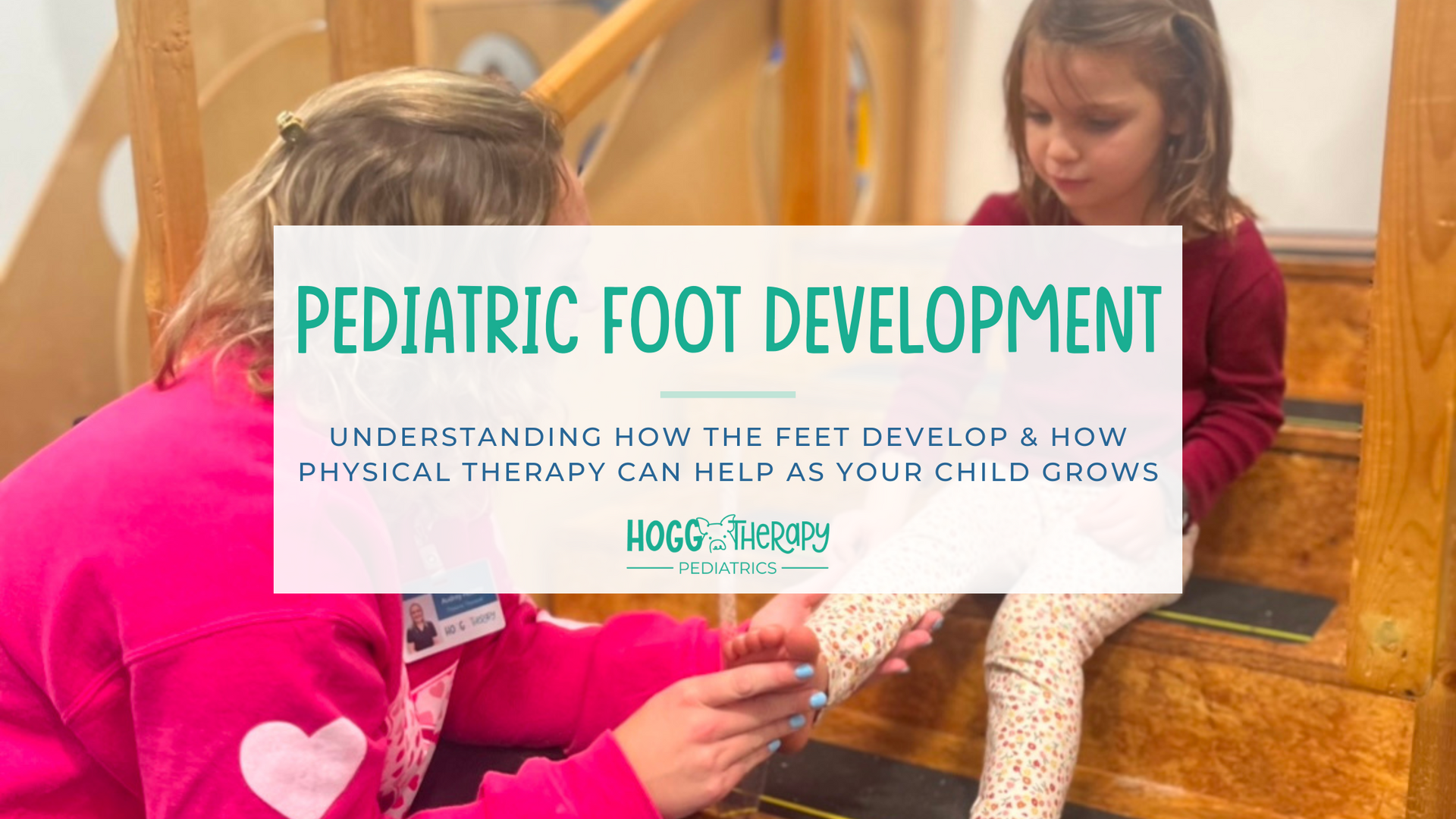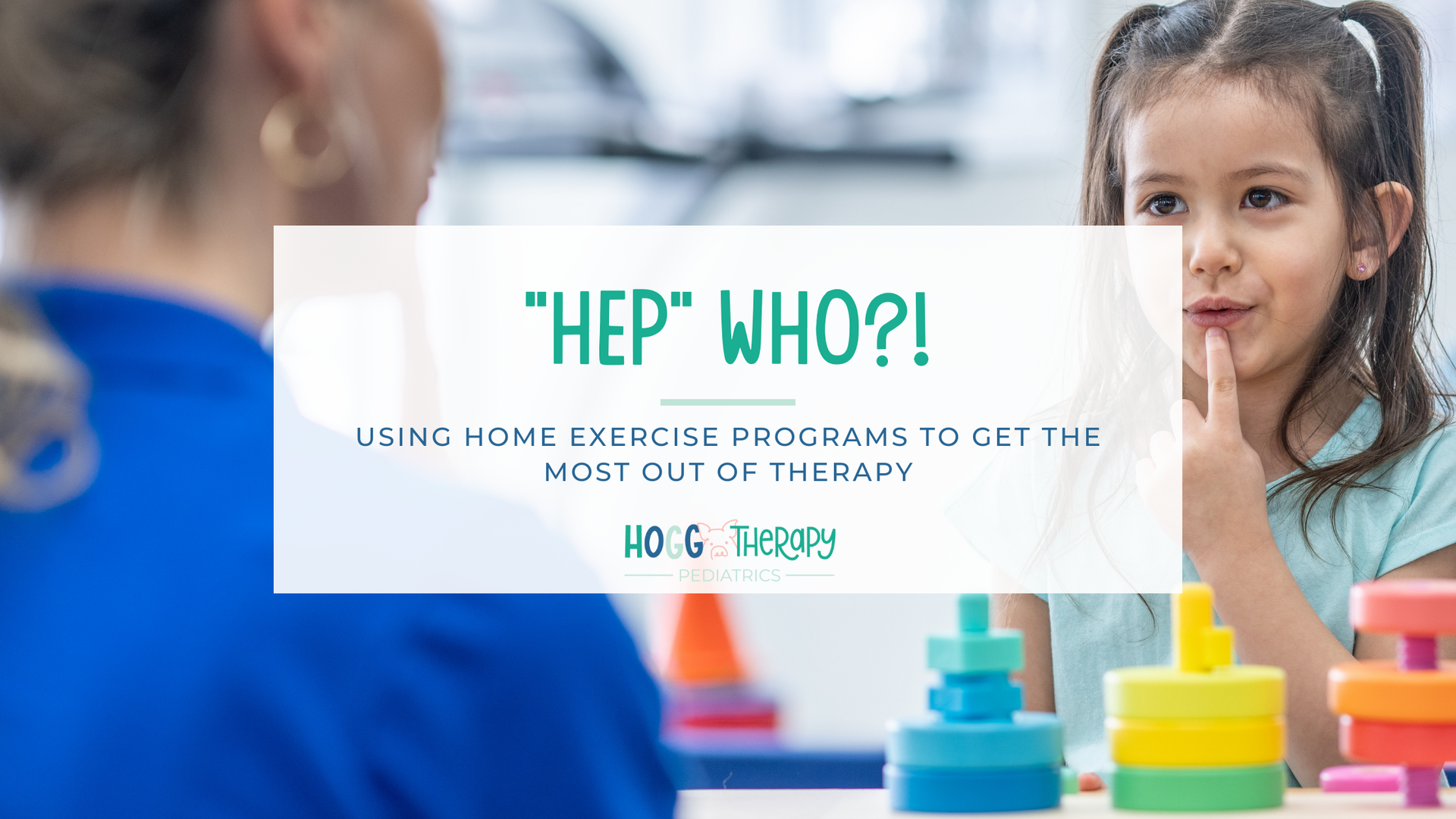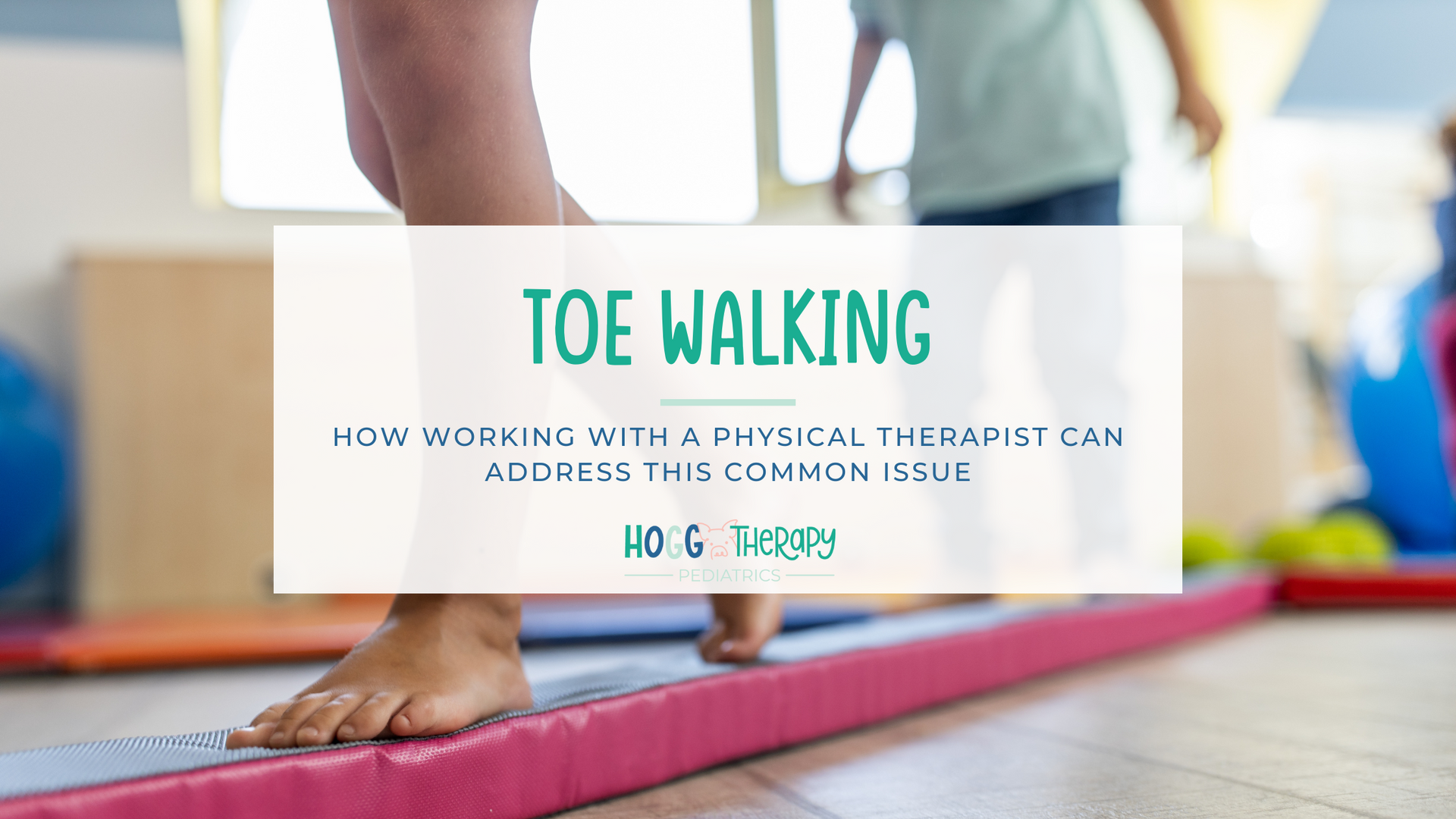The Power of Touch: Fostering Meaningful Connection with Your Infant
Touching your baby is a great way to create a sense of bonding. Here are some benefits, and tips, of touching your baby.

Amanda Dyer, MS OTR/L, CIMI
Is your baby fussy, seemingly for no reason? Gas and colic wearing you out? Try touching them! The skin is the largest organ of the body. Studies have shown that sensation, or feeling, is the first sense to develop in the womb. Touch has been shown to be the most important component in bonding between humans, more powerful than verbal communication and eye contact. Touch is the most effective way to communicate compassion, according to a study by the University of Berkeley.
Benefits of Touching Your Baby
- Touching your baby can help them to relax, which helps your baby to trust you and be comforted by your presence
- Promotes weight gain- infants in the NICU receiving nurturing touch have been shown to gain more weight than infants with less physical interactions
- Touching your baby has benefits for the breastfeeding mother, including promoting increased breastmilk production
- Touch promotes the release of hormones that can increase pain relief in infants
- Develops infant’s social and calming skills, allowing them to self soothe because they feel loved and secure.
- Can improve digestion and toileting through promoting increased circulation
How to touch your baby:
- Create a quiet environment. Have dim lights, low noise or white noise, and a warm room.
Make sure you create a quiet environment before touching your baby.
- Skin to skin activities-You can take a bath together, complete tummy time on parents chest, or hold your child with their cheek touching your cheek.
- After bath massage- Use lotion or a safe oil for a post-bath rub- start at baby’s shoulder and gently run your hand down to their hand, or start at their hip down to their foot.
After bath massages are a great way to promote touch!
- Before touching them, let baby know you are about to- show them your open hands before making contact.





















